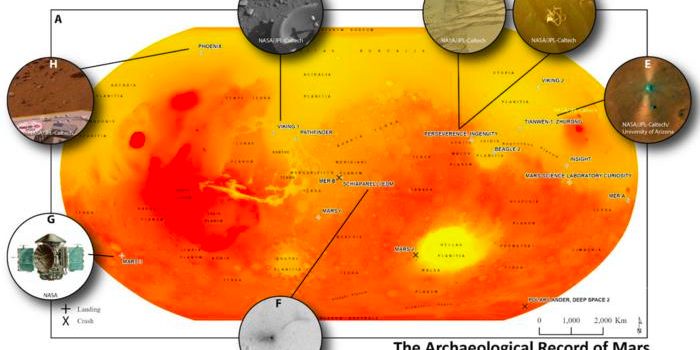Code Bootcamp Teaches Immigrants Returning to Mexico
For people who came to the U.S. when they were very young, returning to Mexico can represent the first real immigration experience they know. Many do not speak Spanish well or at all and find their U.S. educational credentials unaccepted at colleges. Hola<code/> is a Mexican social enterprise and software engineering boot camp that embraces these young people and their gifts. The school launched in 2017 in Mexico City.
According to CEO and Cofounder Marcela Torres, the organization’s mission is, “to reincorporate and reintegrate returned immigrants from the U.S. to Mexico and help them find better and dignified employment opportunities.”
Hola<code/> School Serves Returning Immigrants
While Mexico does have social programs in place to support returning migrants during a transitional period, space and funding to welcome Dreamers into local colleges and universities are lacking, José Antonio Meade, head of the Ministry of Finance, said in March 2017.
And, unlike some Mexican higher-education institutions, Hola<code/> doesn’t require proof of previous training or study. Students take an entrance exam to enter the five-month course, which requires them to commit about 12 hours a day to learning software engineering. No payment is required upfront. About two dozen students are currently enrolled and are given a monthly stipend of $270. If they land a job, they are required to pay the tuition of about $6,000.
The curriculum is “powered by” the San Francisco-based coding boot camp Hack Reactor. Participants receive workforce-geared training in software engineering, defined by the group as “designing and writing programs for computers or other electronic devices.” The sample daily schedule includes lectures, coding, meals, social time, hacking in pairs, exercise and movement, deep coding “sprints,” events, challenges and mentoring.
Joseph Fernandez, a Hola<code/> student who grew up in the U.S. for 20 years, said this of the initiative:
Being with people who have the same background as you, who share the same trials and tribulations, makes it a lot easier to actually focus on what you’re driving for; to become a better version of yourself and have a better life here in Mexico.
The Hola<code/> School site states the group aims to “tak[e] advantage of the growing demand for software engineers and the enormous potential talent of Mexican youth … [and] promot[e] access to high demand employment for returned youth to the country from the United States.”
Immigrant Youth in the U.S.
While President Barak Obama instituted the Deferred Action Childhood Arrivals program known as DACA in 2001, deportations increased overall during his presidency. Under the Trump administration, ICE deportation arrests have continued an upward trend, surging 40 percent after he took office. But the deportation rate is currently lagging behind the increased arrests, compared to that of the previous administration.
For some undocumented immigrants who arrived in the U.S. as children, or “Dreamers,” DACA came too late – their parents had already been deported or pre-emptively moved the family out of the U.S. President Trump canceled the DACA program, but in April 2018, a federal judge ruled this move was unlawful as well as “arbitrary and capricious.” For these approximately 600,000 youth, their future remains unclear during a contentious political era.
Sources:









